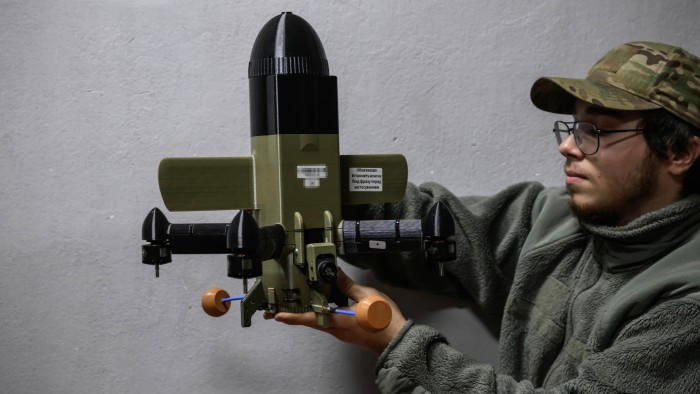Home / Business and Economy / Europe's Defense Startups Face Uphill Battle to Access Credit Amid Banking Curbs
Europe's Defense Startups Face Uphill Battle to Access Credit Amid Banking Curbs
10 Nov
Summary
- 10% of top European banks restrict financing for defense and dual-use startups
- HSBC and Revolut maintain strict exclusions on arms producers and dual-use tech
- Financing barriers force some companies to seek opportunities in the US market

As of November 10, 2025, Europe's defense technology startups are struggling to access credit from the region's major banks, even as many lenders have relaxed restrictions on lending to the sector. A study by the Nato Innovation Fund has found that almost 10% of the 75 largest European banks by assets and market value still have policies restricting financing for conventional weapons and startups involved in developing technologies with both military and civilian applications.
Some prominent exceptions remain, with HSBC and banking startup Revolut continuing to enforce strict exclusions on arms producers and dual-use technologies. This is despite a broader trend of lenders, including BNP Paribas and Danske Bank, becoming more vocal in their support for the defense industry.




